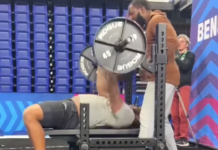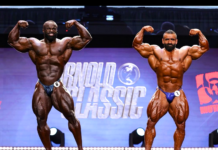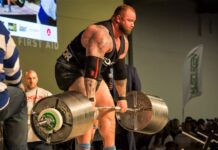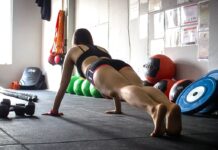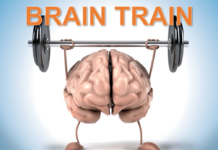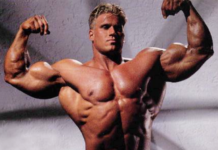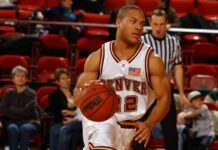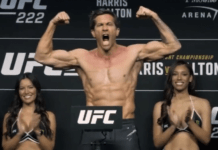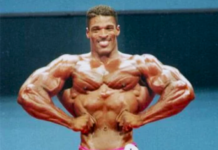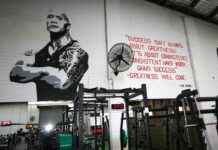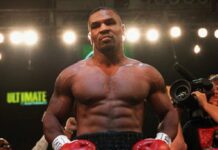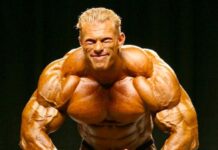Muscle memory is crucial to bodybuilding and strength activities. Let’s explore the concept of our muscles “remembering,” its significance to bodybuilding, and how you can best utilize it to keep or regain your gains.
WHAT IS MUSCLE MEMORY?
Muscle memory refers to the ability of our muscles to perform certain movements or actions automatically, without conscious effort or deliberate thought. It’s often associated with repetitive practices. When we learn a new skill or perform a particular movement repeatedly, our brain forms neural connections called synapses that facilitate the coordination of muscle groups involved in that action. These connections become stronger and more efficient with practice, allowing the movement to be executed more smoothly and accurately over time.
These “memories” are not actually stored in muscles, but rather in the brain. More specifically, they’re stored in the motor cortex, basal ganglia, and cerebellum, which are areas of the brain responsible for controlling and coordinating movements. These regions create a sort of “map” or blueprint of the movement pattern, which is accessed and activated when we perform the learned skill.
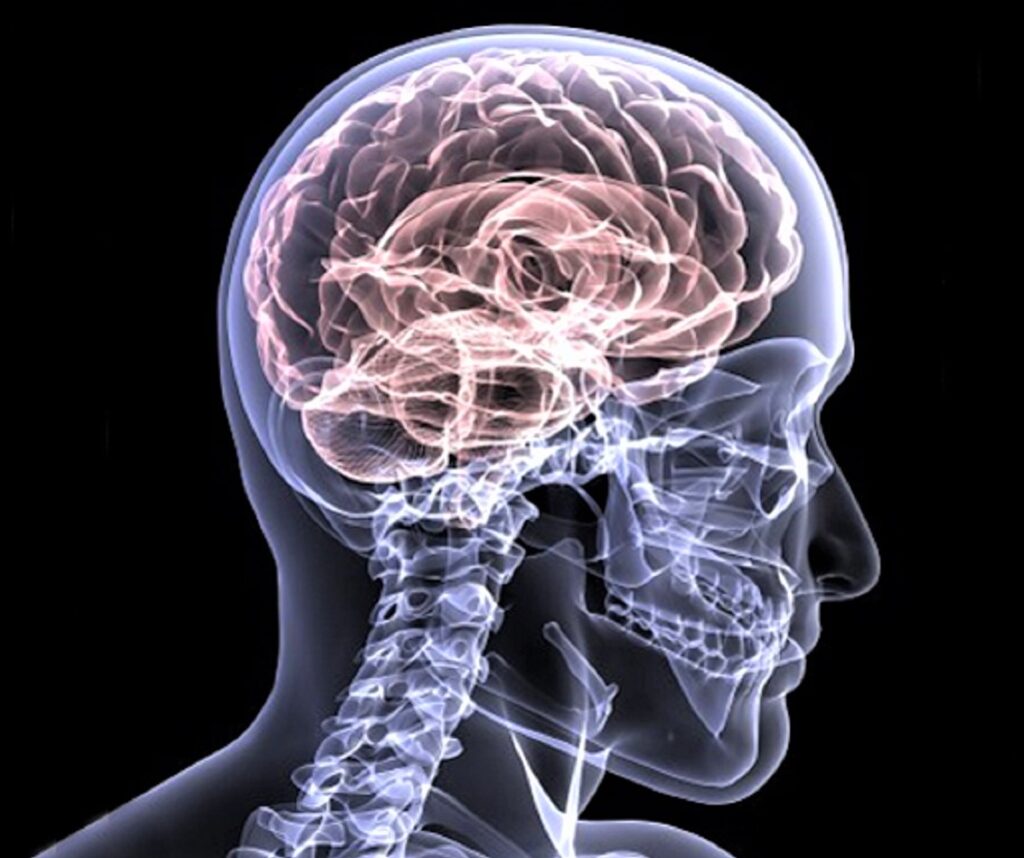
One important characteristic of muscle memory is that it can persist even after a period of inactivity. For example, if you haven’t ridden a bicycle in years, you might feel a bit rusty at first, but your muscles will quickly “remember,” and you’ll regain your balance and coordination. This is because the neural pathways established during previous practice are still present in your brain and can be reactivated.
Muscle memory can be both positive and negative. While it can help us perform desired movements effectively, it can also lead to the persistence of incorrect or inefficient movements if initially learned incorrectly. You may do a squat or any weight-training exercise and even a whole workout in less than ideal fashion again and again because of your muscles “remembering” those actions. This is why it’s crucial to practice proper technique from the beginning and correct any errors along the way to develop accurate muscle memory.
MUSCLE MEMORY AND BODYBUILDING
When it comes to bodybuilding, the term has the same definition as above, but that definition is also expanded to include:
Regaining Muscle Size and Strength
After a period of detraining or inactivity, people who have previously trained and built muscle mass often experience a faster recovery process. Muscle memory allows them to regain lost gains more quickly compared to when they initially started training. The neural pathways and muscle fiber structures established during the previous training period are still present in the brain and body, facilitating faster muscle hypertrophy and strength development. This also suggests that those who gained more muscle and strength from performance-enhancing drugs (anabolic steroids, testosterone, growth hormone, etc.) will, as a scientist studying muscle memory said, “produce a permanent increase in users’ capacity for muscle development.” However you achieved your lost gains, they will come back more easily than if you never had them before.
See also: How Fast Do You Lose Muscle if Not Exercising?
Training Efficiency
Muscle memory also plays a role in optimizing training efficiency. As weight-trainers repeat specific exercises or movement patterns, their muscles become more familiar with the motions, resulting in improved neural coordination. This enhanced coordination enables better mind-muscle connection, allowing bodybuilders and strength athletes to perform exercises with greater precision and target specific muscle groups effectively.
Contest Preparation
Have you ever noticed that some bodybuilders always nail their conditioning, while others rarely do. For better or worse, experienced bodybuilders leverage muscle memory when preparing for competitions. Having gone through multiple contest preps in the past, their bodies possess muscle memory, allowing them to achieve their previous best conditioning and physique shape more efficiently or cursing them to attain only the same not-so-good results. This memory aids (or harms) their training protocols, diet program, recovery, and overall approach to attain the desired (or undesired) results.
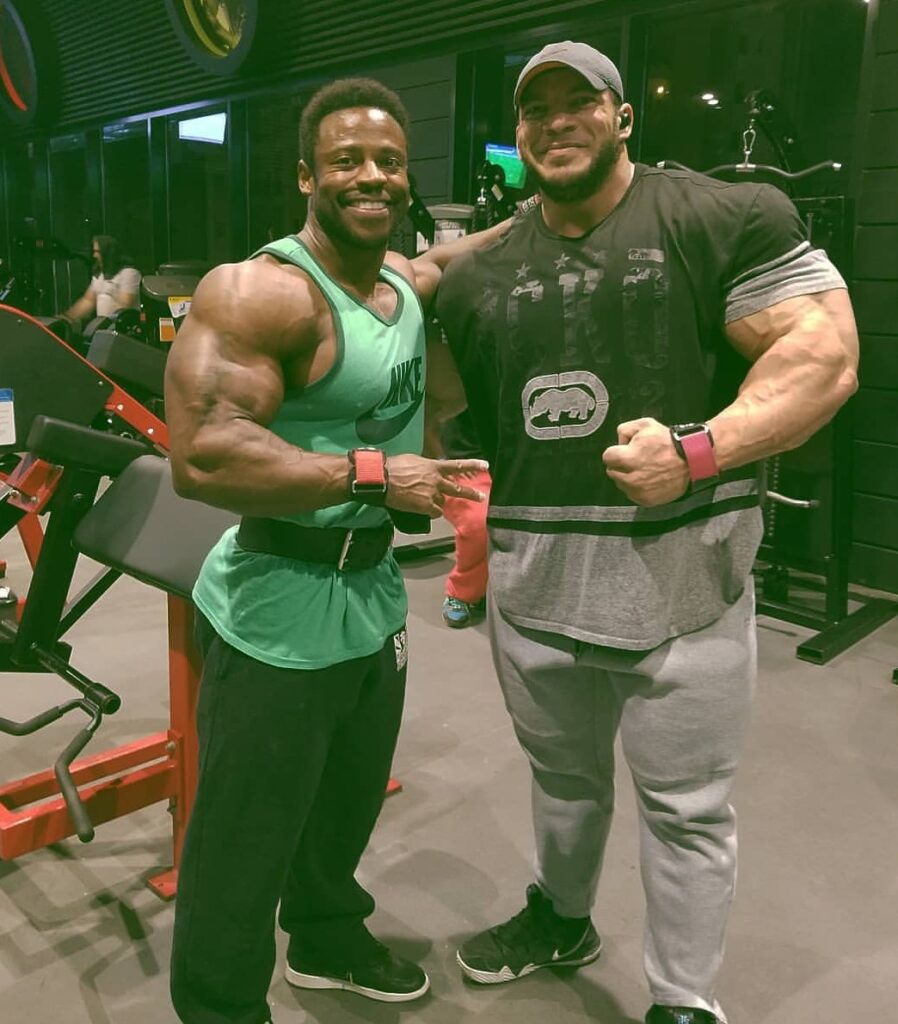
HOW TO HARNESS MUSCLE MEMORY IN BODYBUILDING
Consistency is Key
Consistently engaging in progressive overload training programs and maintaining an active lifestyle is crucial for developing and preserving muscle memory. Regular training sessions help reinforce neural connections and ensure that the connection to your muscles remains intact.
Proper Technique
Focusing on proper exercise technique is essential. Learning and ingraining correct form and movement patterns during training will help establish accurate muscle memory, reducing the risk of developing improper movement habits that can hinder progress and lead to injuries.
Periodization and Deloading
Incorporating proper periodization and deloading phases in your training plan allows for adequate recovery and prevents overtraining. Periodization refers to planned cycles of training, such as 12 weeks that progress from lighter weights and higher reps to heavier weights with fewer reps. Deloading is short period of recovery, such as a week or two in which you avoid training or do only lighter training. These strategies help optimize muscle memory by promoting long-term adaptations and preventing burnout.
MUSCLE MEMORY AND BODYBUILDING: CONCLUSION
Muscle memory is a fascinating aspect of the human body that holds significant implications for bodybuilders and strength athletes. It enables the rapid regain of muscle size and strength, enhances training efficiency, and aids in competition preparation. Understanding and harnessing it can help you optimize your workout outcomes and achieve your desired physique and strength goals. Consistency, proper technique, and strategic planning are key factors in capitalizing on the benefits of muscle memory in and out of the gym.
SOURCES:
Schwartz, Lawrence M. (2019) “Skeletal Muscles Do Not Undergo Apoptosis During Either Atrophy or Programmed Cell Death-Revisiting the Myonuclear Domain Hypothesis.” Frontiers in Physiology, Jan. 25, 2019, Link.
Kleim, J. A., & Jones, T. A. (2008). “Principles of experience-dependent neural plasticity: Implications for rehabilitation after brain damage.” Journal of Speech, Language, and Hearing Research, 51(1), S225-S239.
Thompson, L. V. (2020). “Age-related muscle dysfunction.” Experimental Gerontology, 134, 110887.
Schoenfeld, B. J. (2010). “The mechanisms of muscle hypertrophy and their application to resistance training.” Journal of Strength and Conditioning Research, 24(10), 2857-2872.

